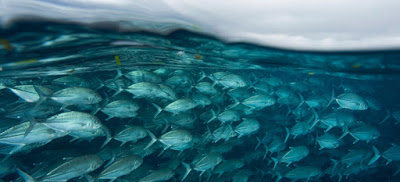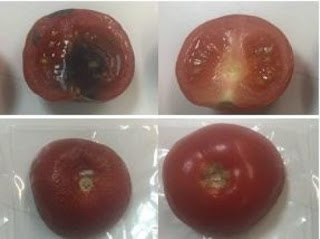Detection of E.Coli in Drinking Water
To rapidly detect the presence of E.coli in potable water food scientists now can use a bacteriophage; a genetically engineered virus. In preference to sending water samples to laboratories and counting on days for results , this new test may be administered locally to obtain solutions in a few hours. Drinking water contaminated with E. coli is a major public health concern. This phage can detect their host bacteria in sensitive situations, which mean low-cost bacteria detection assays for field use—like food safety, animal health, bio-threat detection and medical diagnostics can be provided. The bacteriophage carries a gene for an enzyme luciferase, similar to the protein that gives fireflies radiance. The luciferase is fused to a carbohydrate binder, so that when the bacteriophage reveals the E. coli in water, a...






